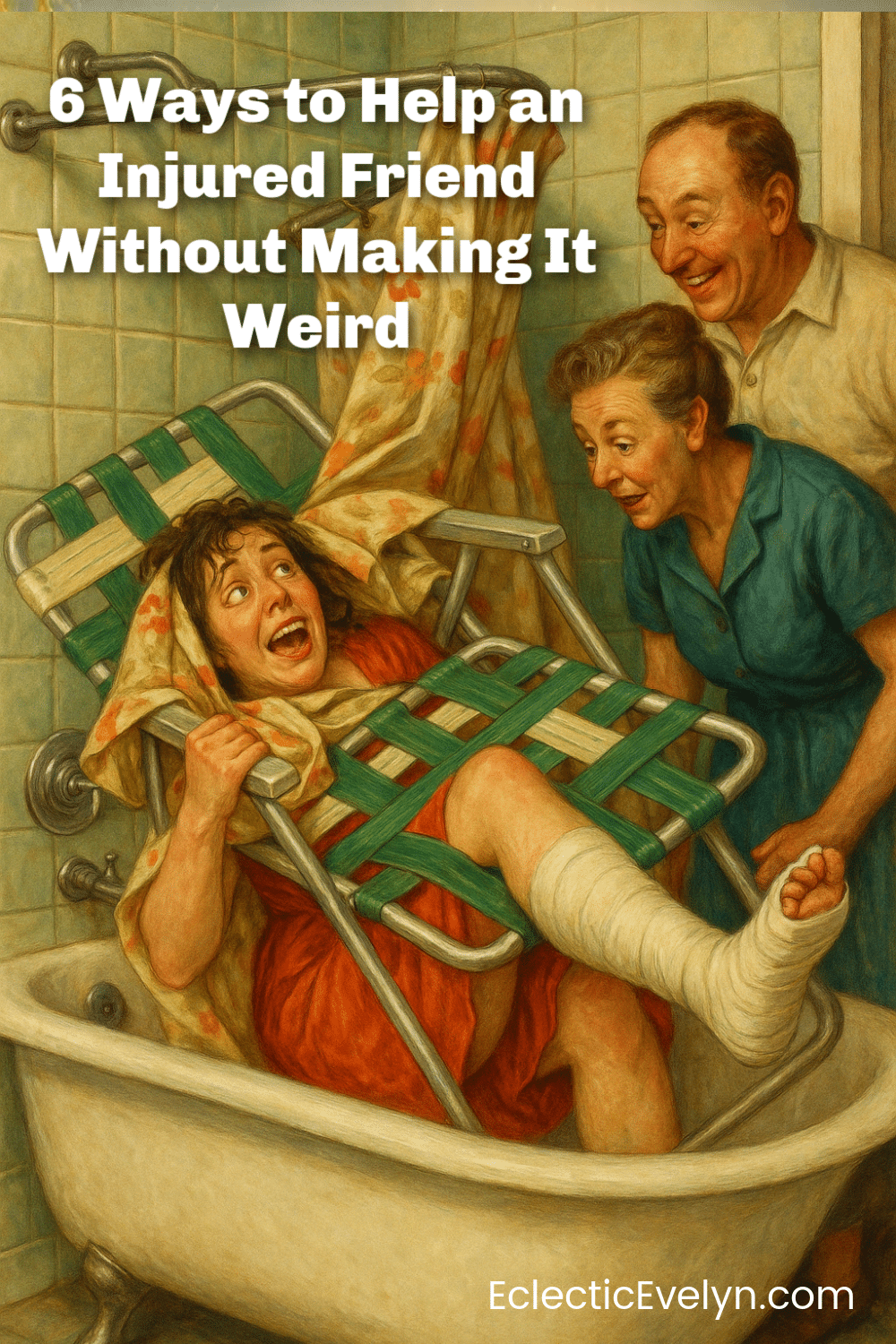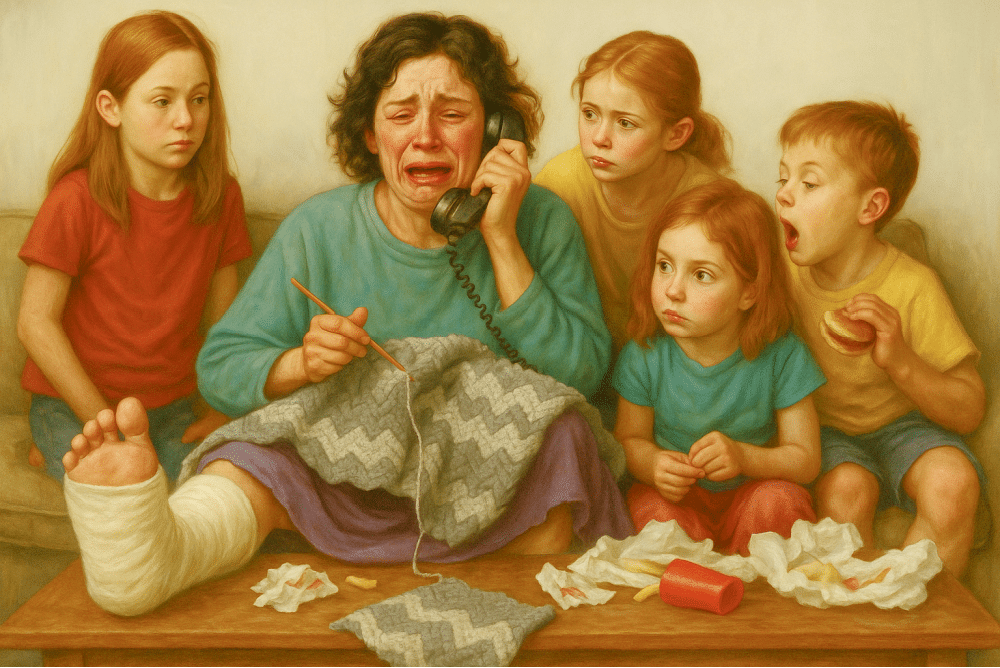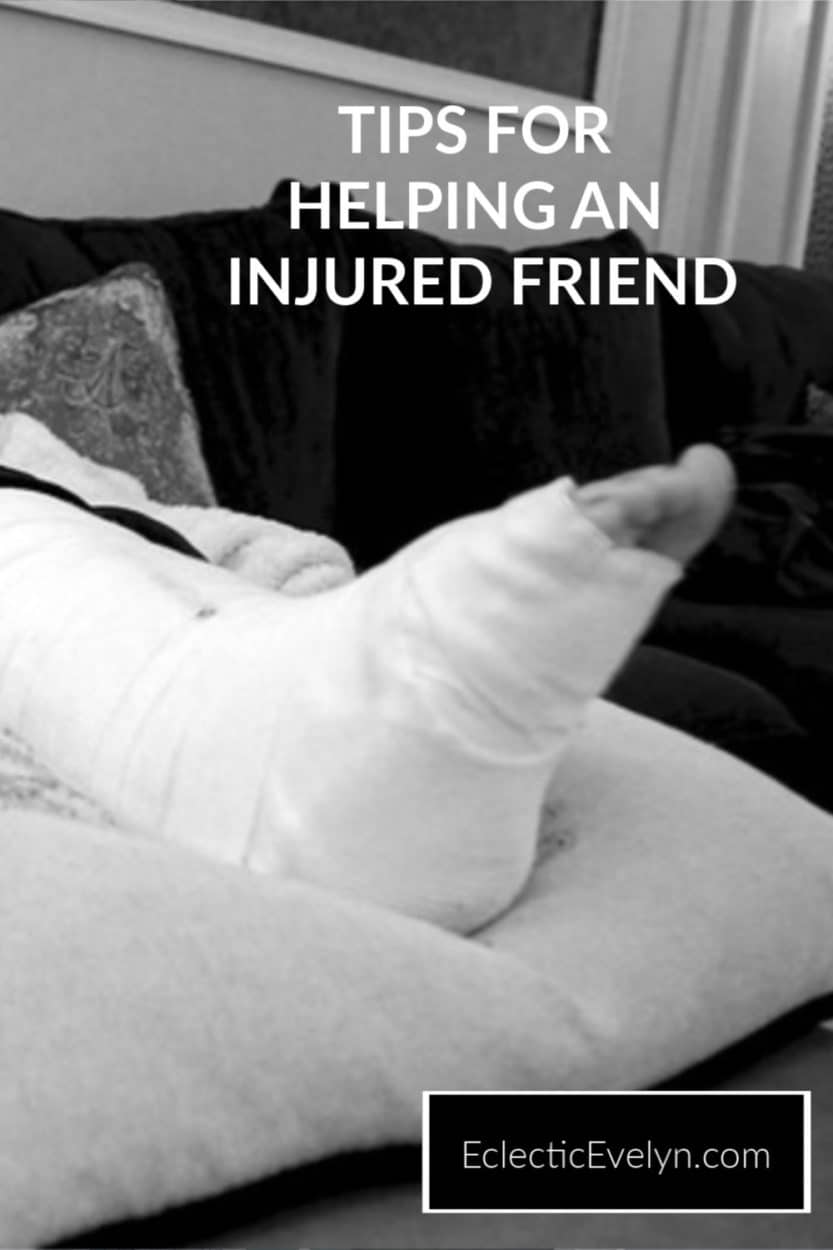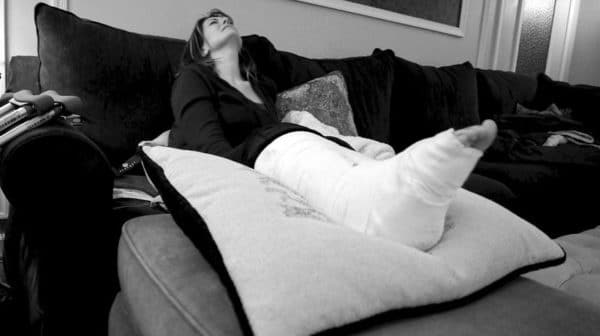When someone you love gets hurt, it shakes your whole world. One minute you’re planning brunch, and the next you’re Googling how to get blood out of a rug and wondering if you’re supposed to help them shower or pretend you didn’t notice the three-day hair situation. Helping an injured friend is a special kind of rollercoaster, equal parts love, awkwardness, and figuring it out as you go.
So how do you actually help without overstepping or making them feel useless? Here are real, practical tips that actually make a difference. Whether it’s a broken leg, post-surgery recovery, or a temporary disability, these tips are here to help you support your injured friend, without losing your mind (or theirs).
1. The Awkward Shower Situation
Let’s start with the thing no one wants to talk about: hygiene. At some point, your injured friend is going to need a shower. And if they can’t manage on their own, you’re gonna have to decide, are you stepping in, or finding a workaround?
The best thing you can do? Get them a shower chair and a handheld showerhead. This lets them wash without needing help from anyone else. If they need assistance getting in or out, offer help in a way that feels casual, not clinical. Throw on some tunes, keep a towel close, and remind them there’s no shame in needing help. Bonus tip: a big fluffy robe makes everything feel less vulnerable.
And girl, whatever you do, don’t try to substitute a plastic lawn chair. Ask me how I know. When I broke my foot and was in a cast up to my knee, I couldn’t get upstairs to the full bath. So my friend offered to take me to her house to shower since it was all on one level. No shower chair? No problem, we said. We grabbed a lawn chair from the yard. BIG MISTAKE.
As soon as the water started and I got good and soapy, that thing slipped like it was on ice. I fell into the tub, cast wrapped in a trash bag, chair folding in on me like a bear trap. My friend tried to pull me up, then her husband walked in to help. Mortified doesn’t even cover it. Naked. Wet. Trapped under a rogue chair. We laugh now, but honey, learn from my humiliation: get the real chair.

2. Create a Cozy, Healing Space
The healing environment matters, big time. No one wants to spend a week (or longer) recovering in a dark, cluttered room that smells like reheated soup. Help your injured friend set up a space that’s cozy, clean, and actually feels like home.
Think: fresh air, soft lighting, clean sheets, and fluffy pillows. Add some entertainment (TV, books, puzzles), and maybe a small table for snacks, meds, and water. If they can’t move around much, bring the world to them with flowers from the yard, photos, or even a streaming subscription to something binge-worthy.
3. Let Them Keep Some Independence
Even when they need help, most people still want to feel in control of something. Don’t just swoop in and do everything. Ask what your injured friend wants help with, and what they’d rather do themselves, even if it takes longer or looks a little messy.
Help them set up ways to do things on their own. Move the coffee maker to a lower shelf. Rearrange the kitchen so their favorite mug isn’t out of reach. Independence, even in tiny ways, makes a huge emotional difference.
4. Plan for Social Support (Without Overwhelm)
Loneliness hits hard during recovery. The days blend together, and it’s easy to feel like the world has moved on without you. But too many visitors at once can be overwhelming.
Coordinate with friends or family to create a schedule. Maybe someone drops off dinner on Mondays, someone else visits on Thursdays. That way your injured friend feels loved and supported, without needing to entertain or pretend they’re not exhausted.
5. Keep Your Injured Friend Occupied (So They Don’t Go Stir-Crazy)
Boredom is brutal. Help your injured friend stock up on things they can do from the couch or bed: adult coloring books, podcasts, yarn for crochet, journals, or easy hobbies. Think: things that don’t require too much brainpower or movement, but still feel productive or fun.
When I was laid up for six weeks in a cast, I crocheted baby blankets and ended up making around 20 of them. I donated them all to a teen mom program. But here’s the funny part: this was the early ’90s, way before Amazon or Instacart, and I couldn’t drive. One night around 3 a.m., I called my cousin on the landline, crying so hard she could barely understand me.
She got out of bed, packed her kid in the car, and rushed over thinking it was an emergency. And it was… sort of. I had run out of yarn. Yep. That was the crisis. I was on some serious pain meds at the time, to be fair, but I was absolutely hysterical over yarn. The next day, she showed up with ten skeins and didn’t say a word, just handed it over and gave me that look like, “don’t ever scare me like that again.” We still laugh about it.
Even something simple like a Kindle or tablet can make a huge difference. Set them up with audiobooks, meditation apps, or a playlist of their favorite guilty-pleasure movies. Bonus points if it includes something ridiculous from the 80s.

6. Be the Backup (Not the Boss)
This one’s big. You’re there to support, not to take over. Your job isn’t to fix everything or make every decision. It’s to show up, be present, and remind your injured friend they’re not doing this alone.
Sometimes helping looks like folding laundry. Other times it’s just sitting next to them in silence. Let them set the tone. Follow their lead. And remind them, over and over, that needing help doesn’t make them weak. It makes them human.

Bonus Tip: Don’t Forget About You
Helping an injured friend through recovery can wear you out if you’re not careful. You’ve got to take care of yourself too. Make time to rest, eat something besides takeout, and ask for help when you need it.
You’re a friend, not a superhero. Be kind to yourself while you’re being kind to them.
Being there for someone in a tough time is one of the most powerful gifts you can offer. It doesn’t have to be perfect or fancy, what matters is that it’s done with love, patience, and a whole lot of grace. Recovery is messy. Emotions run high. But showing up, even imperfectly, can mean the world to someone who’s hurting. And hey, if you both end up laughing about a collapsed shower chair someday? Even better.
What’s the best (or weirdest) way you’ve helped a friend during recovery?
Share your story in the comments, we’ve all got one!






A very thoughtful post with good advice.
I haven’t ever been in this situation. I think this is great advice!